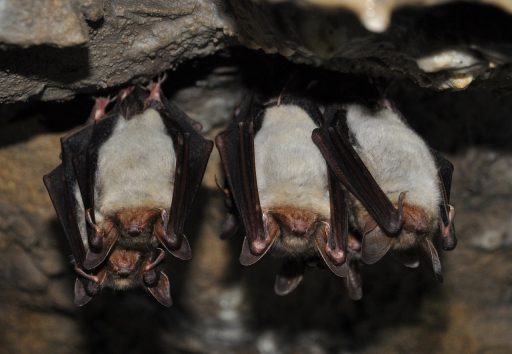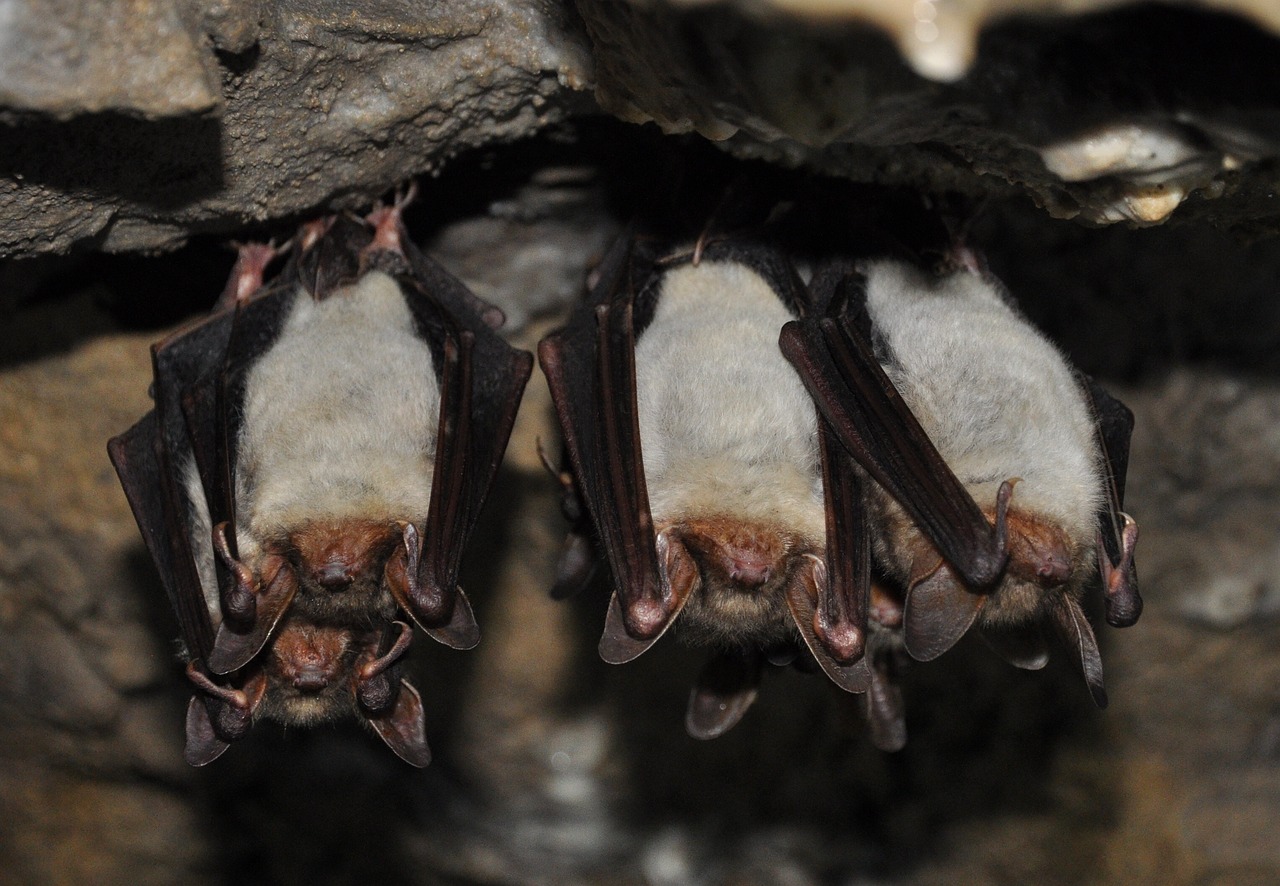The Amazing Adaptability of Bats
Imagine relying on sound to “see” your surroundings. That’s how bats navigate, using echolocation—emitting sounds and interpreting the returning echoes to understand their environment. But what happens when their hearing is compromised? Researchers at Johns Hopkins University explored this intriguing question and discovered just how resilient bats can be.
A Quick Switch to Plan B
In the study, scientists temporarily blocked a key auditory pathway in bats’ brains, simulating significant hearing loss. Amazingly, the bats adapted immediately. They altered their flight patterns by flying closer to walls, increasing both the number and length of their echolocation calls. These adjustments allowed them to gather extra information about their surroundings, compensating for the reduced ability to hear echoes.
Insights into Brain Plasticity
This discovery demonstrates bats’ natural ability to adapt to hearing impairments without prior learning. Their brains instinctively switch to alternative strategies when the primary sense of hearing is compromised. This adaptability offers insights into brain plasticity and suggests that similar innate abilities might exist in other species, including humans.
Implications for Neuroscience and Rehabilitation
Understanding how bats compensate for hearing loss could inspire new breakthroughs in neuroscience and rehabilitation. If other species—including humans—possess latent adaptive capabilities, therapies could be developed to unlock these abilities. This research highlights the brain’s incredible capacity to adjust and adapt, offering hope for innovative treatments for sensory impairments.
Source: Johns Hopkins University – Bats Hearing Adaptation Study





